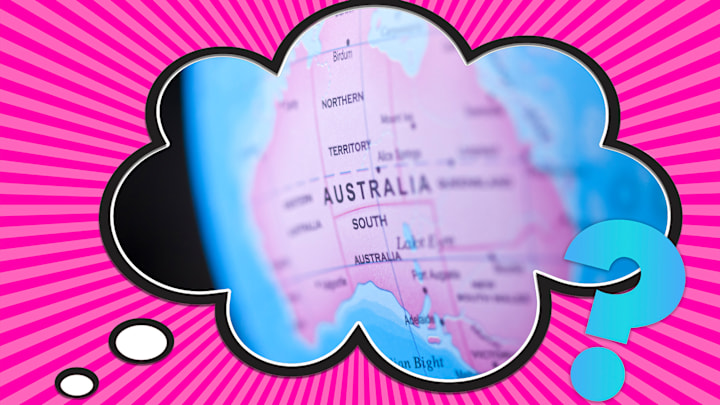Australia is unique in many ways. It’s home to a diverse array of landscapes and some of the most unusual animals on Earth. The Land Down Under is also the only place on Earth that qualifies as both a country and a continent. The definition of a continent isn’t as concrete as you might expect, but a few qualities help earn Australia that distinction.
The land mass’s status as a country is indisputable. A country is defined as “a nation with its own government, occupying a particular territory,” and since 1901, the Commonwealth of Australia—as it’s officially known—has fit that description.
Australia’s claim to continent-hood is a bit shakier. There’s no scientific definition used to categorize these geographical giants. They tend to be large land masses with their own tectonic plates, and isolated enough to foster unique cultures and plant and animal populations. These aren’t hard and fast rules, however. Europe and Asia share a tectonic plate, but their cultural differences justify separating them into two continents (though the boundary separating one from the other is constantly changing).
Why is Australia a continent but not an island?
Size is the most tenuous factor in Australia’s case. It’s the smallest continent at 2.9 million square miles, and it’s actually closer in size to Greenland than it is to South America. So what makes Australia a continent and Greenland an island?
Australia’s distinctiveness carries a lot of weight here. It’s isolated location allowed it to support Indigenous groups of people with distinct cultures as well as wildlife that can’t be found elsewhere on the planet. The Native cultures and animals of Greenland, however, can also be found in other parts of the Arctic.
The fact that Australia is both a country and a continent is widely known. Other pieces of trivia—like Alaska being both the westernmost and easternmost state—are more obscure. Here are more bizarre geography facts you should know.
Have you got a Big Question you’d like us to answer? If so, let us know by emailing us at bigquestions@mentalfloss.com.
A version of this story originally ran in 2022 and has been updated for 2023.
